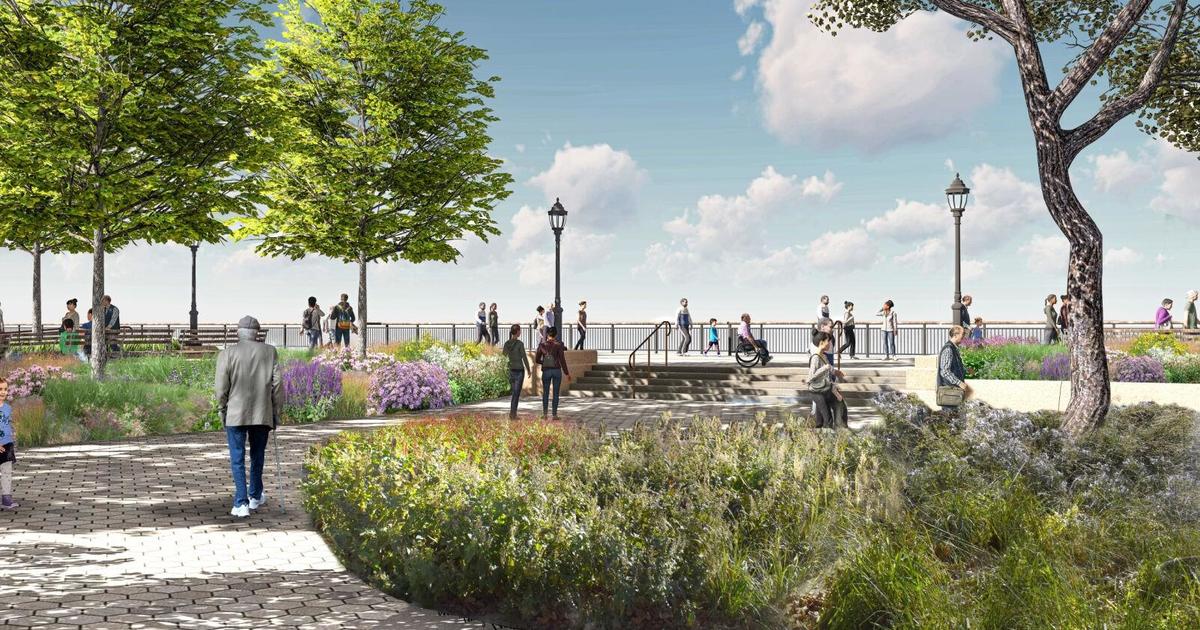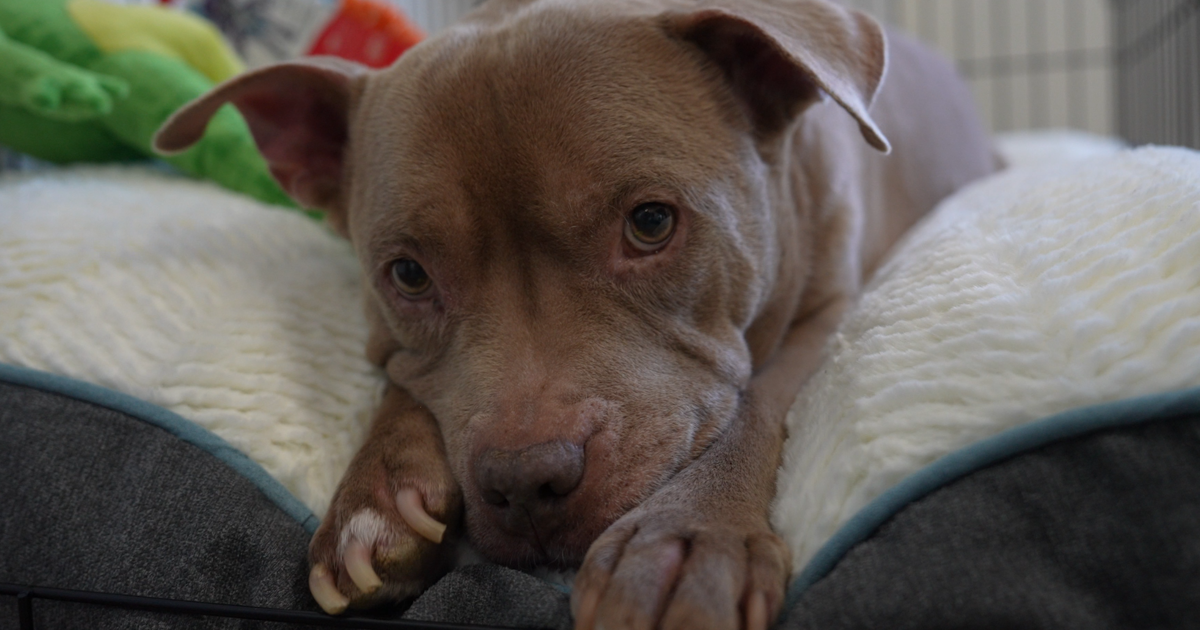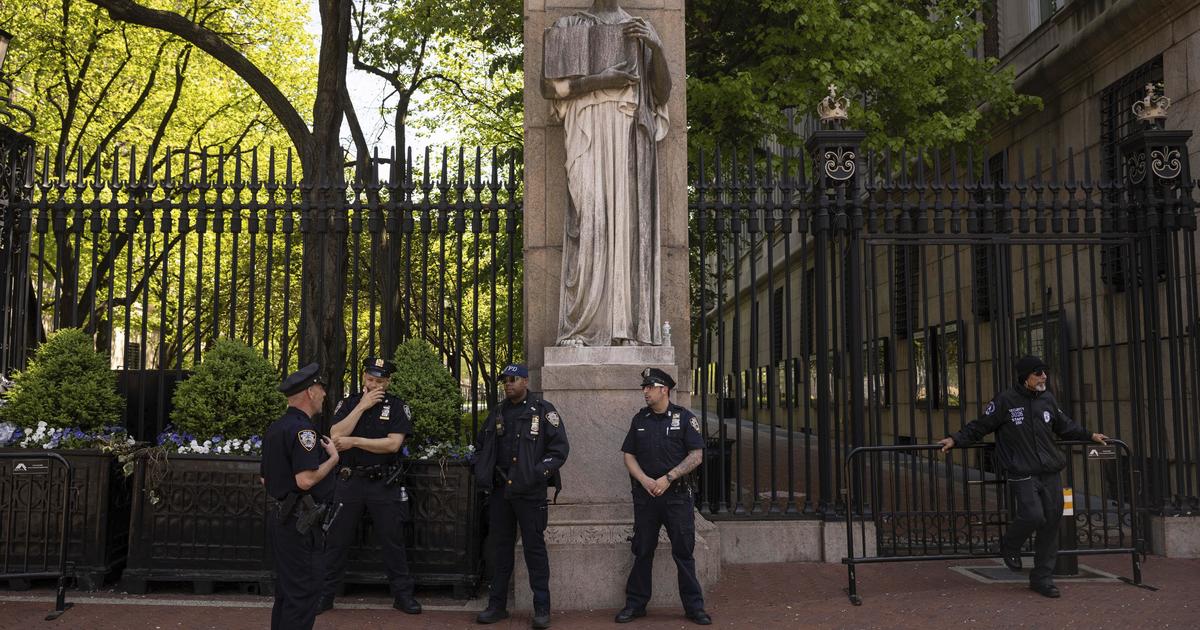Experts Explain Plan To Grow Oysters On Recycled Toilets In Jamaica Bay
NEW YORK (CBSNewYork) -- For most people, oysters are known as a food delicacy and toilets just as a necessity.
But mix them together and you apparently get a perfect recipe for the ecosystem.
Mayor Bill de Blasio and the Department of Environmental Protection announced Tuesday that the city will place 50,000 oysters in Jamaica Bay, using beds of porcelain made from 5,000 recycled toilets.
Oysters are often covered in crud and barnacles when they're taken out of the ocean, but they are easily underestimated. They are critical to the health of New York Harbor.
"They play an important role in providing habitat; food for other animals. They stabilize the bottom. They filter the water," said Peter Malinowski, director of the Billion Oyster Project. "Without it, New York Harbor isn't as productive or clean as it should be."
Oysters used to thrive in New York Harbor. In the 19th century, they were gathered by the boatload - shucked at a rate of 1,000 per hour six days a week.
But then in the 20th century, overfishing, pollution and sewage ruined them.
"The oyster colonies that were there decades ago and thriving were essentially lost," said New York City Department of Environmental Protection Commissioner Vincent Sapienza.
Sapienza said the DEP hopes to restore the oyster population -- starting in Jamaica Bay. They have partnered with Billion Oyster Project to make it happen.
"We're hoping by putting a large population of breeding adults in the bay, we'll be able to see recruitment of young oysters," Malinowski said.
the goal is to create a self-sustaining population in the bay.
Last week, the project installed a floating long line, or oyster nursery. It is made up of trays are filled with 50,000 adult oysters that should spawn soon.
In the next couple of weeks, they will construct receiver beds. That is where the toilets come in.
It turns out that the busted-up porcelain is a perfect surface for young oysters to attach to and grow on.
"We had all these extra toilets that were made to good use," Sapienza said.
The 5,000 extra toilets were recycled through the citywide water conservation program.
"In an effort to reduce water consumption in the city, we did a toilet rebate program," Sapienza said. "We tried to replace high-flow toilets with low-flow toilets."
Those water wasters have been busted up and will soon sit on the bottom of Jamaica Bay along with oyster and clam shells hoping to attract the next generation of nature's finest filterers.
The total cost of the project is about $1.4 million. Some comes from the federal government, the rest from the city.
And in case you're curious, the toilets have been sanitized by the sun.



